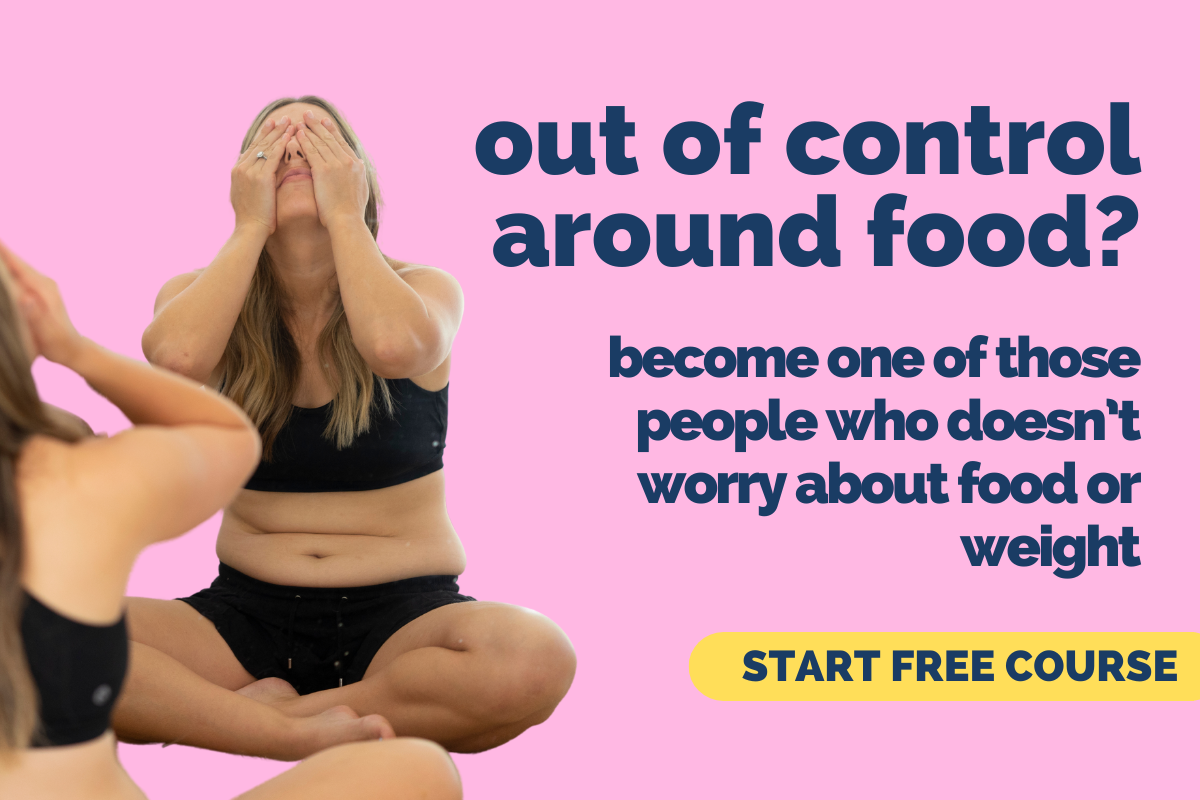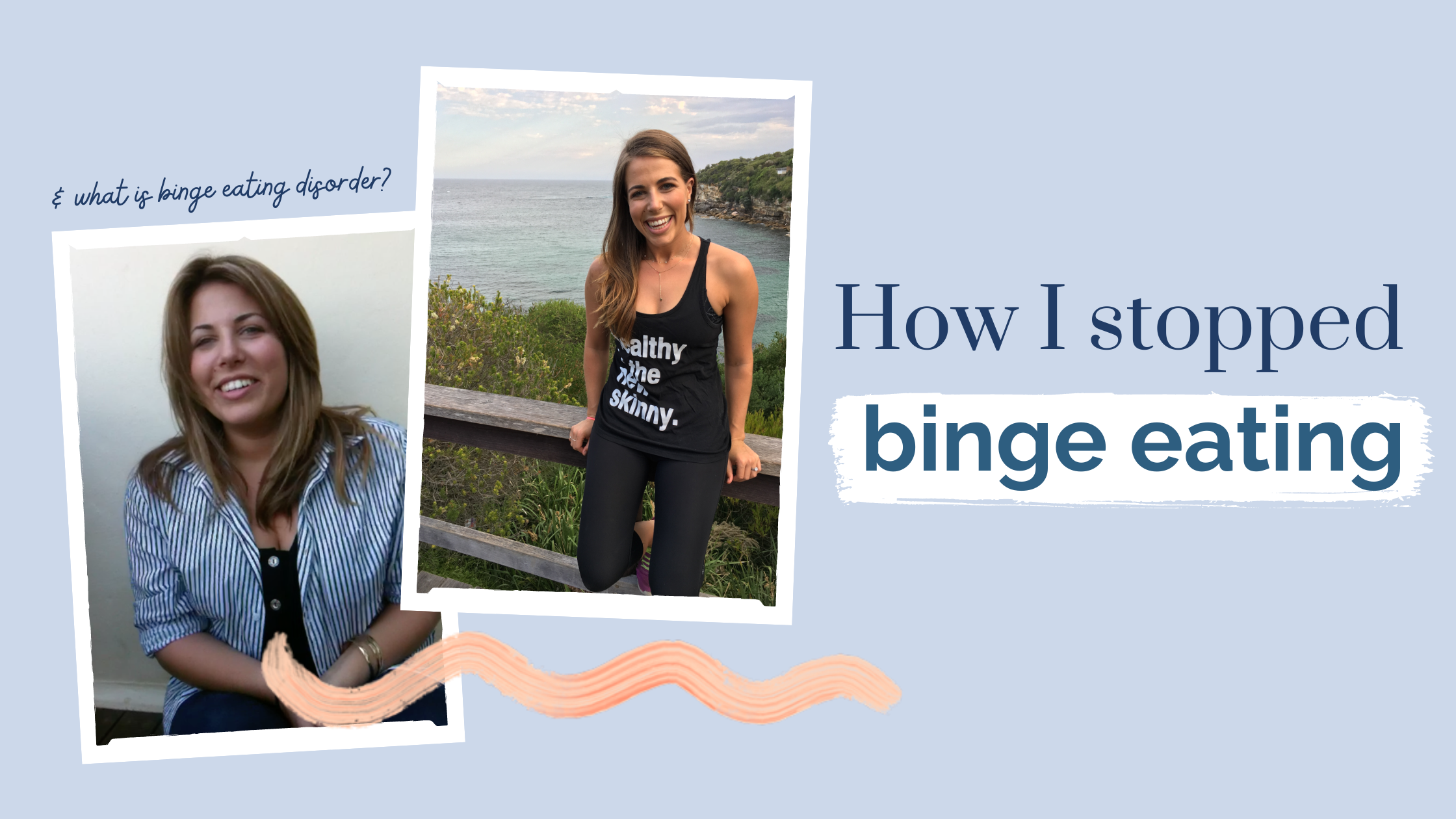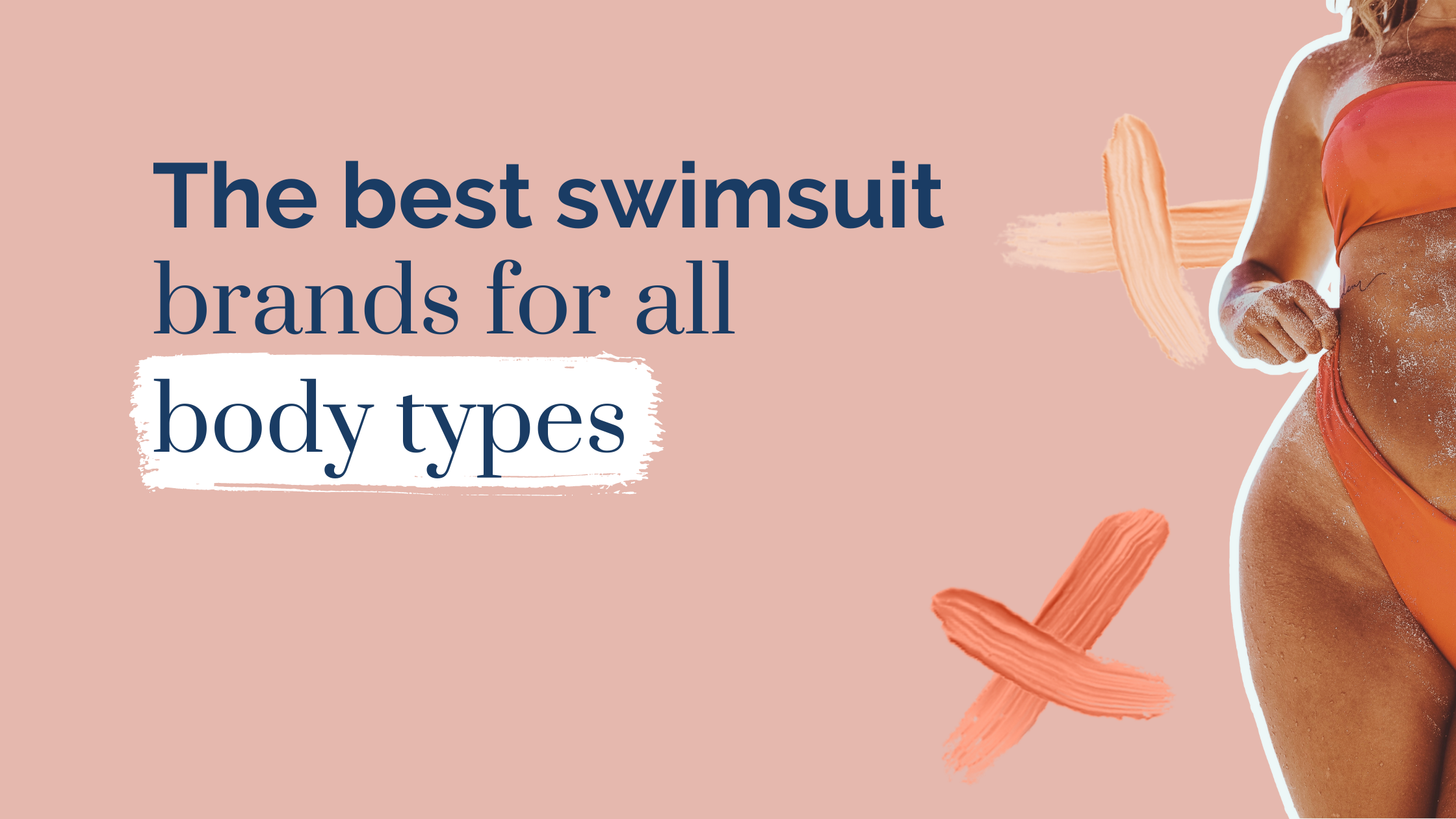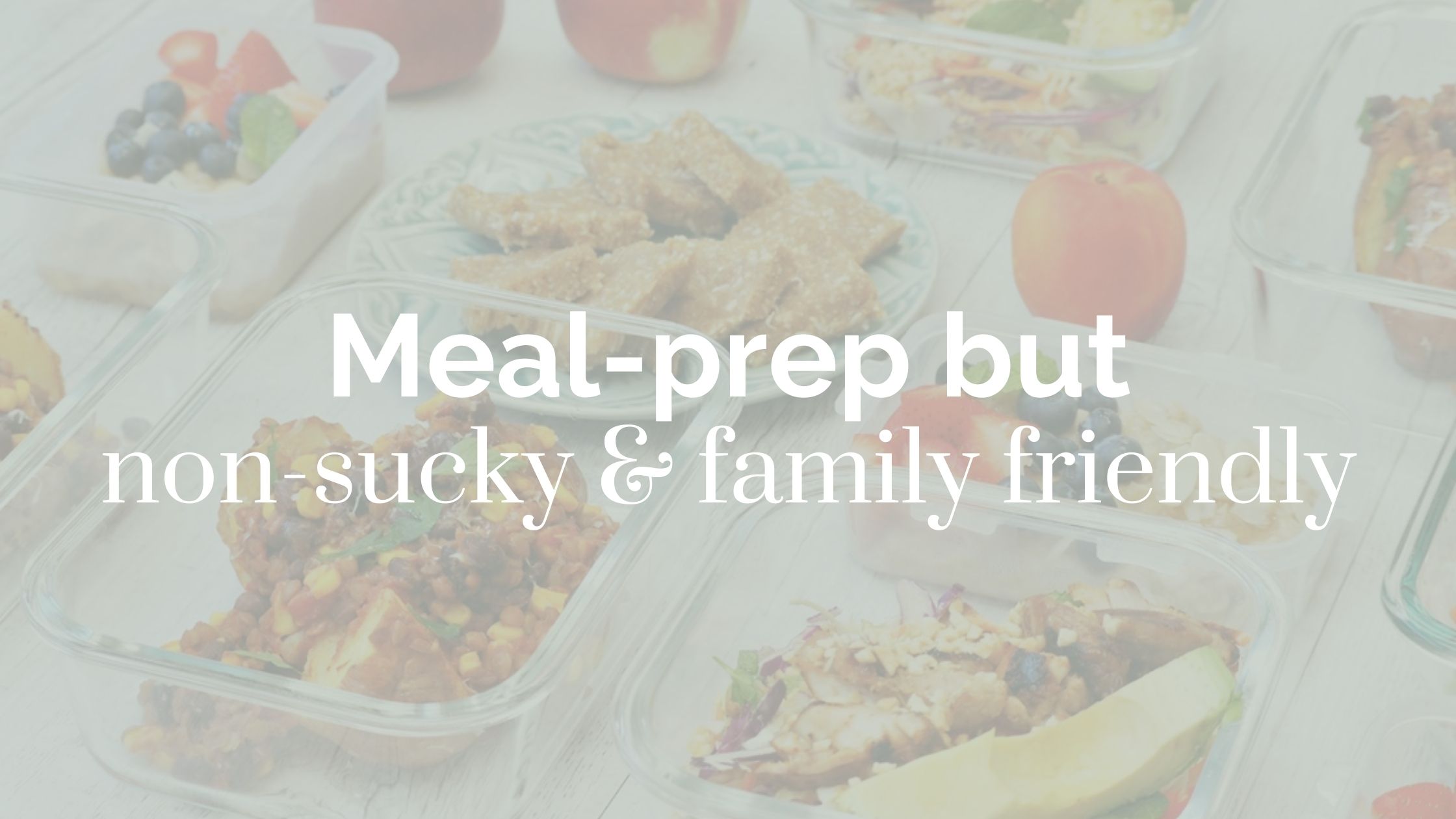How I stopped binge eating (+what is Binge Eating Disorder?)
Binge eating disorder controlled my life for 10 years. During this time, it felt like food controlled me. I was always trying to lose weight. I didn’t want to binge eat but I didn’t know how to stop binge eating.
What is considered binge eating?
Binge eating disorder (BED) is an eating disorder officially added to the DSM5 in 2013. Common signs and symptoms of binge eating disorder are:
Recurrent episodes of binge eating (i.e. you binge eat at least once a week for 3 months.)
Eating an amount of food much larger than most people would normally eat, within a short, discrete period of time.
Feeling a lack of control during the eating (“I know I should stop but I can’t stop eating“)
Eating more quickly than usual
Eating until you feel uncomfortably full
Eating large amounts of food when you aren’t hungry
If you can relate to most or all of these, you may have binge eating disorder.
If you can relate to some, but not most or all of these, then you may still be a binge eater but it hasn’t progressed to an eating disorder. Please don’t wait for it to become binge eating disorder. I wish I got help sooner.
If you struggle with binge and emotional eating, please try my FREE 5-day course. It’ll teach you the strategies I used when I learned to stop binge eating.
For more personalised support, check out my Keep It Real Program. It’s based on my clinical experience as a dietitian so it won’t just be another failed attempt. Plus, I have a 30-day money-back guarantee so nothing to lose by trying this new approach.
What are the causes? And what is the binge restrict cycle?
Most often (not always) binge eating happens because you’re trying to lose weight.
One day you find yourself home alone and then suddenly, your willpower has been replaced by peanut butter, cereal, bread, leftovers, some stale chips, yoghurt from the container and several large mouthfuls of cookies and cream ice-cream. And then some…
When you eat more than you want, you end up feeling guilty. This guilt makes you try to restrict. The restriction causes you to binge eat again.
It’s a vicious cycle of yo-yo dieting.
Simply ‘trying to be good’ isn’t going help you stop binge eating. You need an entirely different approach.

Do I have binge eating disorder?
Does this all sound familiar to you? Unsure if you are an emotional or binge eater? Take my short quiz to find out. Click HERE to start.

5 things you need to know about binge eating
Today, I am going to be sharing with you what I have learned about binge eating disorder and emotional eating and give you some key tips to break the vicious binge restrict cycle.
1. Most often, diets cause binge eating.
Binge eating is caused by dieting. When we diet, we restrict and feel obsessed by food.
You might not think you’re dieting but even thinking “I shouldn’t have eaten that” is enough to trigger a binge. (You might like to read this blog post: How to tell if you’re on a diet in disguise)
That’s because…
Your body doesn’t like being under-fed.
A very important role of the body is to ensure we don’t starve. Unfortunately, diets (and feeling not allowed to eat certain foods) simulate a fear of starvation.
In some cases, binge eating can be caused by other underlying issues like anxiety and depression, not dieting. But dieting is a big one. A very big one.
2. You must enjoy eating healthily
If you want to stop binge eating, don’t cut out foods you love. Don’t exercise as punishment for eating.
You must eat well and move your body because you love yourself, not because you hate yourself. You have to make healthy eating enjoyable (that sometimes means add back in the calories).
When healthy food tastes good, you don’t need to rely on willpower.

3. You can’t starve yourself skinny
When you diet, your body thinks you’re starving.
Binge and emotional eating is your body’s way of ensuring you do not starve.
This may explain why you binge on high energy foods like peanut butter, chocolate, ice-cream and chips.
If you begin to feed your body properly, it will begin to trust you again and you’ll stop being able to eat the whole pantry.
Stop dieting, start listing to your body and cravings will subside.
I teach you how in my FREE 5-day course.

4. If you binge eat, you are not lazy or have ‘poor willpower’
Binge or emotional eating does not make you weak or lazy. Nor does it mean that you have no willpower.
Your body has developed a very powerful defence mechanism to combat your under-eating.
When you restrict what you eat, your body decides to ‘turn off’ the rational parts of your brain that self-manages food intake and you are no longer in control.
Ironically, telling yourself that you are weak and lazy (and feeling guilty after eating) only encourages more binge eating.
Leave the food guilt at the door. Embrace everything in moderation.
📘💫BOOK TIP: If you struggle with your body or your weight, it’s likely that diets and diet culture are keeping you stuck in a vicious cycle, full of empty promises and failed attempts. If you want to build real health and body confidence, check out my best-selling book Your Weight is Not the Problem.
Get the deets and access to a free audio sample of the book HERE.
5. Binge eating loves being home alone
Binge eating most often happens in private.
In a world where fat is feared, it is really hard to admit that you can’t control what you eat. People are judgemental. The problem is that the more we eat in private and the longer we keep our eating a secret, the worse your binge eating gets.
Let me give you permission: ‘Junk food’ is not off-limits to you anymore. But, when you enjoy treats, be sure you’re with people, at a social occasion.
Don’t eat in secret anymore.
It’s scary to think that people will ‘judge’ you if they see you eating junk food but it’s crucial and so worth it.
You have to ‘normalize’ previously forbidden foods. I teach you how to do that in my book and in Keep It Real.

Get out. See friends. Make plans. Buy a swimsuit. Go to the beach. People who do fun adventurous things think less about food because they are too busy having fun to care.
The chances of the weight coming off when you’re out living your life are much greater than when you’re at home alone, watching TV (next to the kitchen).
And even if you don’t lose the weight by getting out there, at least you wouldn’t have missed out on your life whilst you waited for nothing.
If you want to become a more intuitive eater and stop binge eating, check out my online program called Keep It Real. It’s already helped thousands of people create a healthier, more balanced and intuitive relationship with food.
If you have binge eating disorder, I recommend speaking to your GP who can also refer you on for specialist support.





